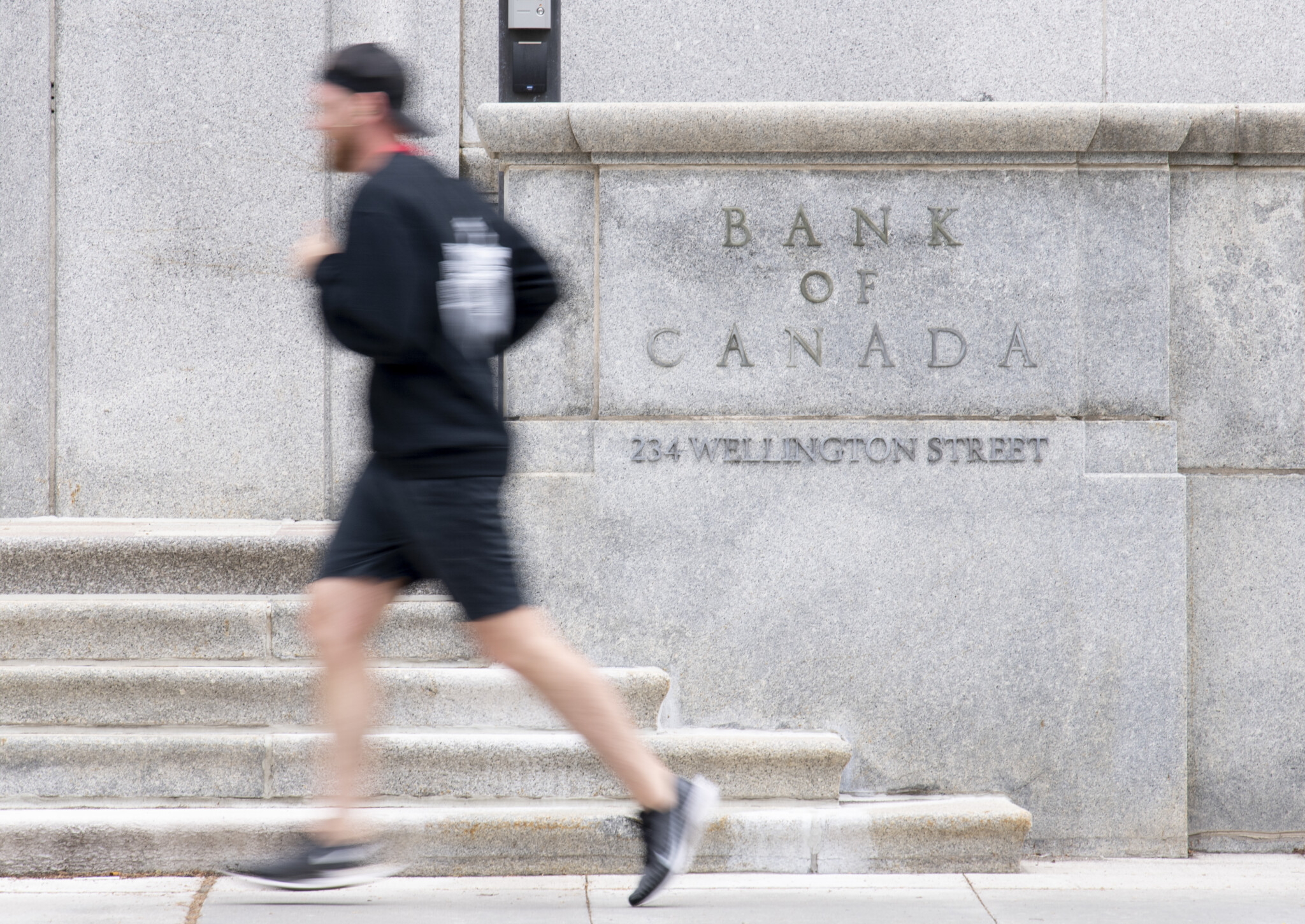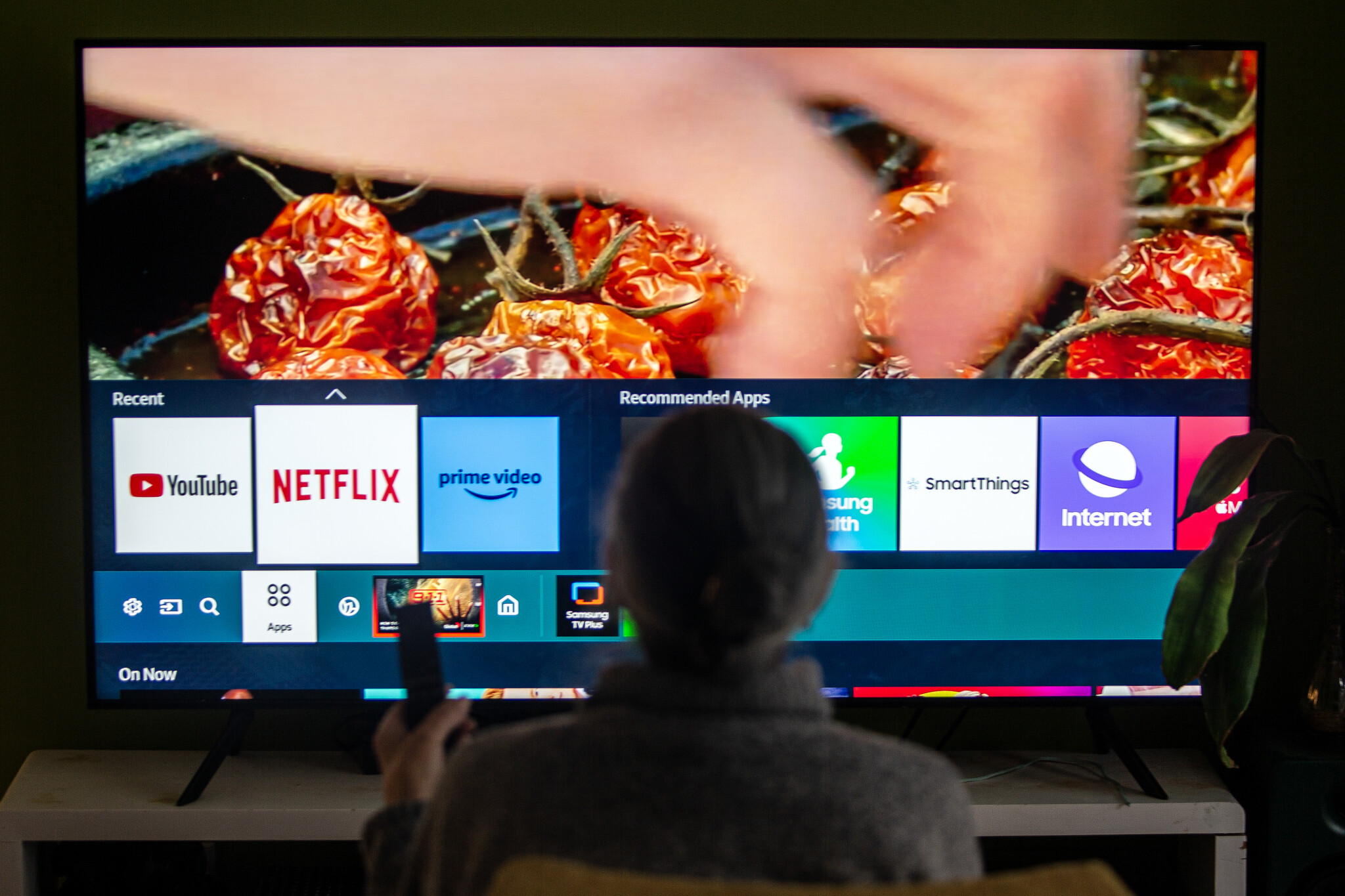Commentary
Sean Speer: AI can free us from our great stagnation—if only we let it
29 January 2025
audio
‘We’re a nuclear country’: Lisa Raitt on why she’s bullish on Canada’s bright nuclear future
28 January 2025
video
‘This is a game changer’: Janice Gross Stein on DeepSeek and China’s growing influence on AI
27 January 2025
Commentary
Rudyard Griffiths: World, meet DeepSeek, China’s AI answer to American tech domination
26 January 2025
Commentary
The Weekly Wrap: Trump’s economic warfare is already costing Canada
25 January 2025
audio
‘It’s proven, it’s safe, it’s reliable’: Former Ontario premier Mike Harris on how CANDU nuclear technology can help the world meet its net-zero goals
14 January 2025
Commentary
Canada’s economy will finally be in recession and AI takes over our classrooms: The Hub’s can’t-miss predictions for 2025
26 December 2024
Commentary
Bernardo Gogna: How to build the airport of tomorrow, today
19 December 2024
Commentary
Brian Tossan: The digital airport isn’t a fantasy, but Canada is playing catch-up
13 December 2024
Analysis
Borderline neglect: Canada has massively underinvested in drones for military and border security
12 December 2024
Commentary
Sachi Gibson and Jason Dion: Why expanding safe bet and wild card technologies is critical to Canadian competitiveness
10 December 2024
Commentary
Benoît Schultz: They don’t build or fly the planes, but airports are key to enabling decarbonized aviation
9 December 2024
Commentary
Jehangir J. Appoo, Glen Sumner, and Aria S. Appoo: AI could help solve Canada’s shortage of family doctors
29 November 2024
Analysis
Foreign investment could improve Canada’s telecom landscape—but what else needs to change?
15 November 2024
Analysis
‘Populist tech fusionism’: Samuel Hammond on America’s populist conservative and Silicon Valley bromance
12 November 2024
Commentary
Colin Deacon: When it comes to climate-fighting technologies, Canada can help the world save itself
24 October 2024
DeepDive
DeepDive: Why Canada doesn’t need another broadband provider
15 October 2024
Commentary
Na’im Merchant: To boost Canadian productivity, support climate change solutions like carbon removal
2 October 2024
Commentary
David Collins: The Trudeau government’s tax on American tech giants is a lose-lose for consumers and the Canadian economy
19 September 2024
Analysis
Is carbon capture the next frontier of beating back climate change?
12 September 2024




















